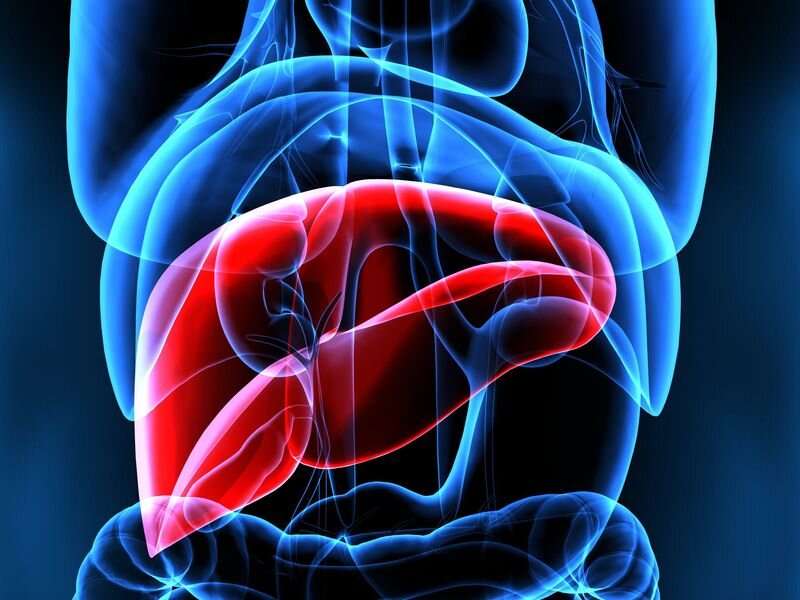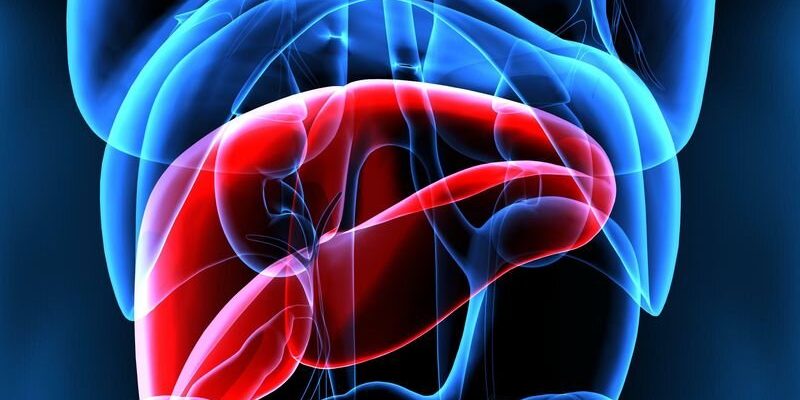
Smartphone-based assessment of jaundice in patients with decompensated cirrhosis is feasible and accurate, mirroring levels of bilirubin and its correlations with clinical parameters, according to a study published online Dec. 27 in the Journal of Gastroenterology and Hepatology.
Konstantin Kazankov, Ph.D., from the Royal Free Hospital in London, and colleagues examined the role of smartphone-based imaging in 46 hospitalized patients with acute cirrhosis decompensation and jaundice. Scleral images were taken using an Android smartphone to derive “Scleral Color Values” (SCV), which were matched with serum bilirubin measurements taken on the same day. In 29 patients, SCV and bilirubin measurements were repeated over time.
Overall, 57 percent of the patients had alcoholic hepatitis as the precipitant of decompensation. During admission, seven patients died and a further 12 died after hospital discharge. The researchers identified an excellent linear correlation for SCV with serum bilirubin; across different time points, changes in SCV and serum bilirubin were closely associated.
There were significant correlations observed for SCV with the Chronic Liver Failure Consortium Acute Decompensation score and grade of acute-on-chronic liver failure. Patients who died had higher SCV, although the difference was not significant. The associations of SCV with clinical parameters reflected those of serum bilirubin.
“Given the high societal penetration of smartphones and the simplicity of image capture, this approach provides a promising tool for future testing in patients with advanced cirrhosis in the community, to monitor for new clinical complications,” the authors write.
More information:
Konstantin Kazankov et al, A novel smartphone scleral‐image based tool for assessing jaundice in decompensated cirrhosis patients, Journal of Gastroenterology and Hepatology (2022). DOI: 10.1111/jgh.16093
Copyright © 2022 HealthDay. All rights reserved.
Source: Read Full Article
